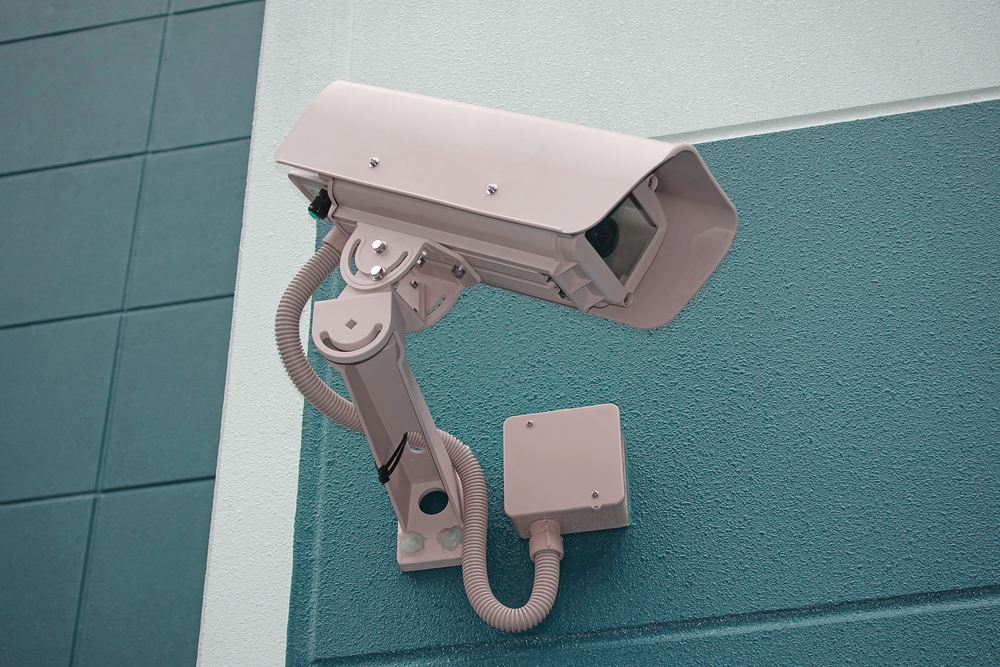Preventing fraud in nonprofits is sometimes just a matter of actually thinking about accountability. The Lumberton High School band’s booster club had one person handling the mostly cash donations that they took in, which is how that person managed to steal over $70,800 dollars from the group.
If there had been even one additional person responsible for that money, that theft could likely have been reduced or even prevented. The nonprofit sector is so vulnerable to fraud because, unlike the for-profit or public sectors, there are far less security measures in place, either required by law or simply put in place by ethical practices. While there are certainly more security minded nonprofits out there, most are small organizations with few employees that, though they mean well, can easily succumb to relatively simple fraud schemes.
So how do we fix this? By becoming, as an entire sector of the economy, more security conscious. This means more checks and balances. Everything from writing ethical guidelines to tasking multiple people with keeping track of donations and expenditures should be included. For some nonprofits, it could even mean not taking cash donations at all, or at least making it a rule that two people have to be working together when accepting such donations.
The needs of an individual organization are going to vary, of course, which means that the security concerns will vary as well. But the first step has to be realizing that security is a concern, and then sitting down to address it. Even if an organization has no history of fraud, that doesn’t mean it will never be subject to it in the future.
In the case of the aforementioned Lumberton band booster club, that theft was happening over several years, so its possible to have a history of fraud without even knowing it. Why should an organization wait until after they’ve been victimized to put preventative measures in place?
